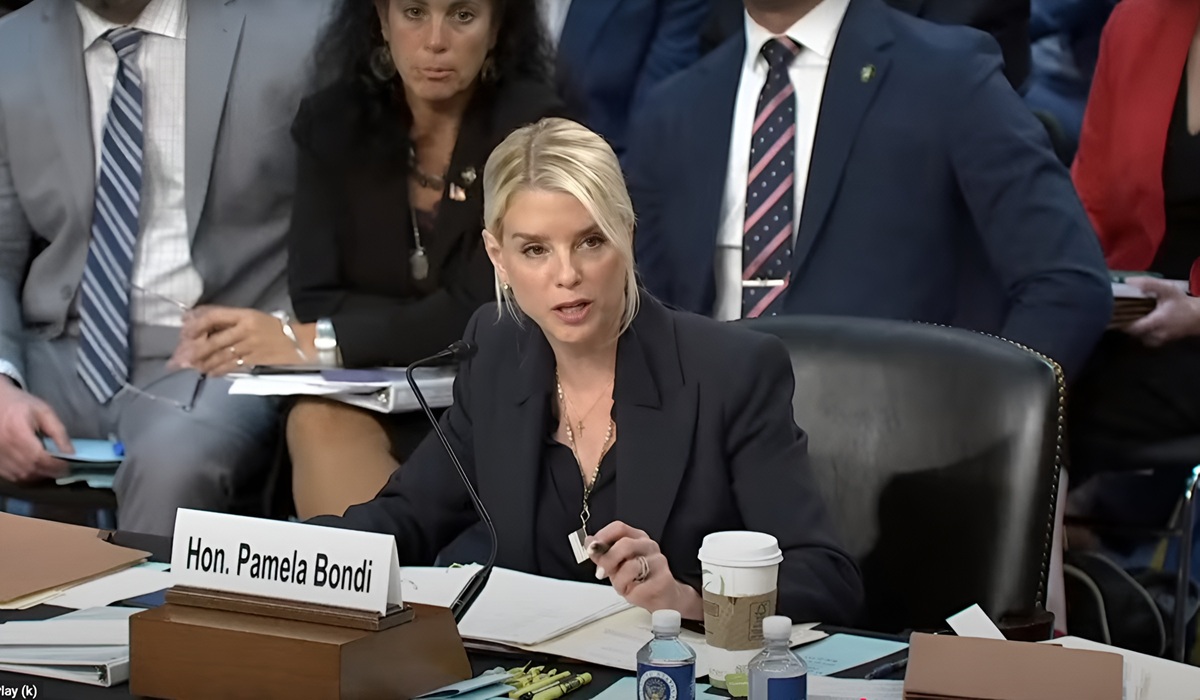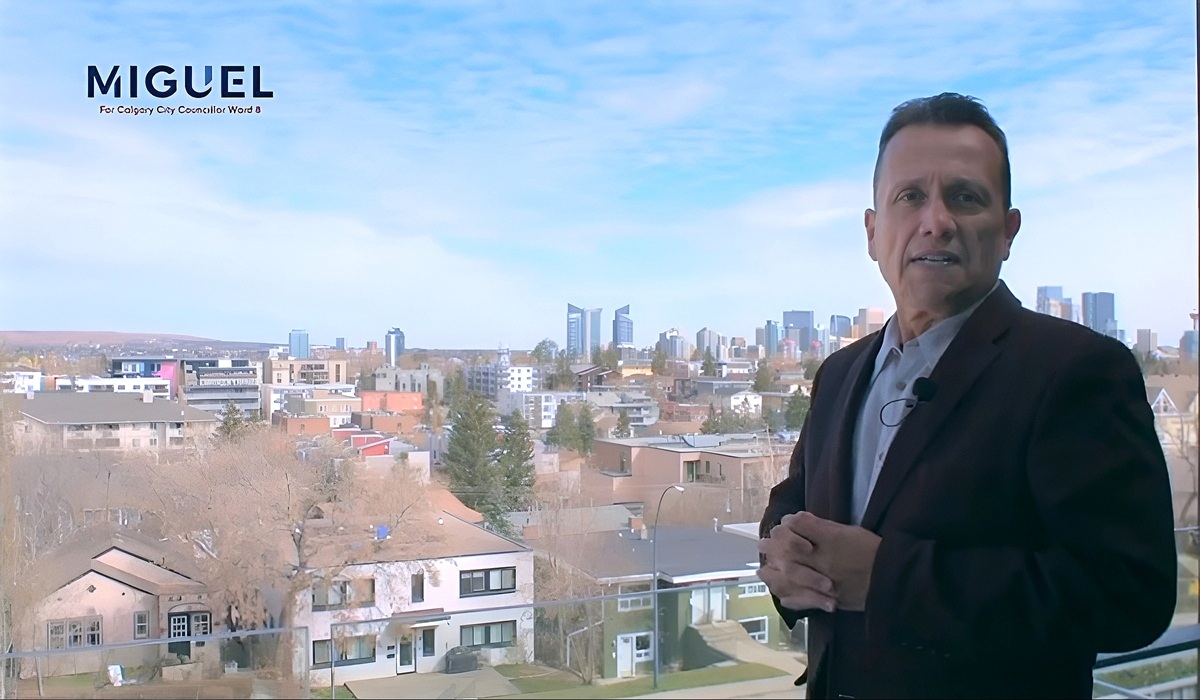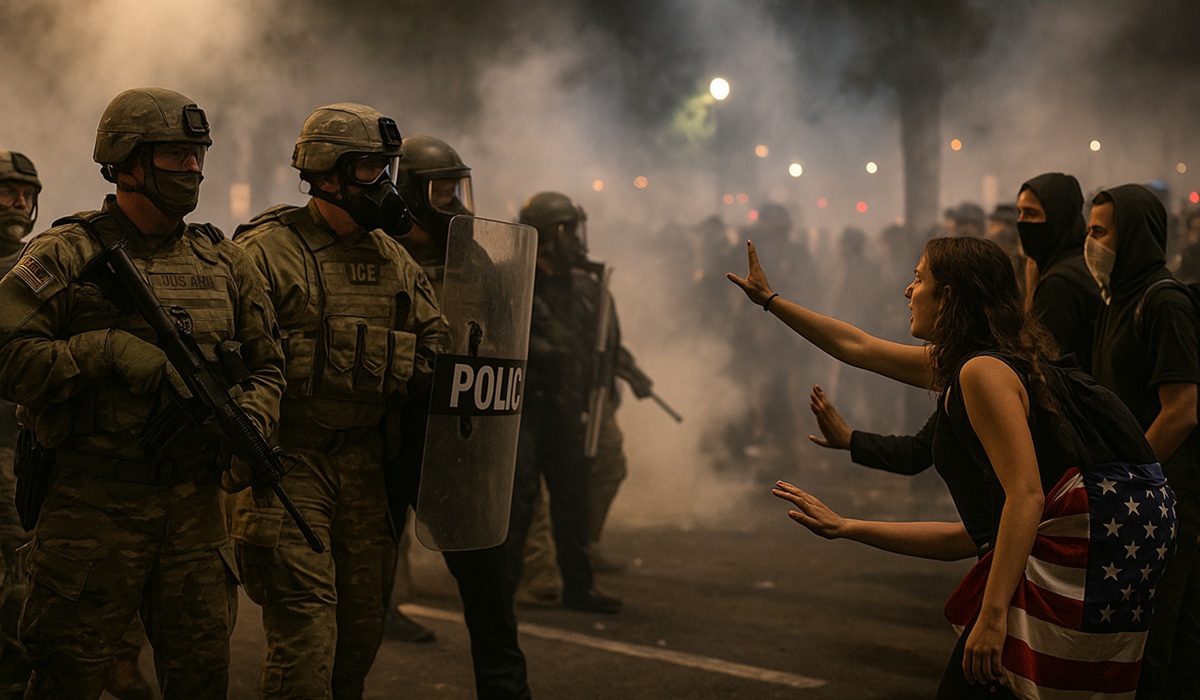Wikipedia: The Gatekeeper of Truth — or Its Greatest Threat? Can We Trust It?
- TDS News
- Trending News
- October 13, 2025

By: Donovan Martin Sr, Editor in Chief
Was Elon Musk Right About Wikipedia? The Billion-Dollar Question That Exposes the Future of Truth, Power, and AI’s Role in Redefining Knowledge
When Elon Musk jokingly suggested that Wikipedia should take a billion-dollar offer, many rolled their eyes. To some, it was classic Musk: stirring controversy, trolling institutions, poking the sacred cows of the internet. But behind the sarcasm, his comment carried a rare kind of precision — a barb aimed at the very structure of modern truth. Because whether one admires or loathes him, Musk’s statement forces us to ask a question few dare to: Who really controls knowledge today — and what happens when the gatekeepers of truth are no longer the public, but the powerful few who decide what’s “reliable”?
Wikipedia was once the great equalizer. It began as a radical experiment — a free, collective, borderless encyclopedia that anyone could edit. Its founders believed that by giving every person a voice, humanity could build a universal repository of truth. And for a time, it worked. It democratized information, dismantled ivory towers, and became a living reflection of human curiosity.
But today, that democratic spirit has eroded. The open-source encyclopedia of the people has become, in many ways, the fortress of a select few. Its most dedicated editors now form an internal hierarchy of unseen power — an invisible parliament of moderators, gatekeepers, and bureaucrats who interpret the rules in ways that often defy transparency or fairness. It’s a strange duality: an institution that champions openness, yet enforces a form of intellectual austerity that few outsiders can navigate.
Ask anyone who has tried to create or edit a controversial article. Submissions vanish, citations are labeled “unreliable,” pages are locked without questionable explanations. The supposed guardians of neutrality have, over time, become curators of narrative. Whether intentionally or not, Wikipedia has positioned itself not just as a platform for information, but as a global referee of what counts as truth.
Herein lies the contradiction Musk may have been pointing to. By labeling certain publications — especially those from nations or perspectives that differ from Western consensus — as “not credible,” Wikipedia replicates the very biases it claims to eliminate. When an outlet from the U.S. or Europe is accepted as authoritative while equally legitimate publications from Africa, Asia, or the Middle East are flagged, neutrality becomes geography. “Reliability” becomes a euphemism for cultural alignment.
And once truth becomes territorial, it ceases to be universal.
If truth is meant to be collaborative, then why is Wikipedia’s editorial system so resistant to diversity of interpretation? Why are certain editors permitted near-absolute power to override the contributions of others? Why can pages remain frozen in outdated or distorted states simply because those in control prefer it that way?
The deeper question is not whether Wikipedia is valuable — it absolutely is — but whether it has outgrown its own ideals. The very structure that once made it powerful now constrains it. Its systems of control, designed to prevent chaos, have hardened into a kind of institutional orthodoxy. The editors who guard the gates are no longer protecting information; they are protecting authority.
And this is where the world finds itself at a crossroads — one Musk, perhaps unwittingly, pointed toward.
What if a new kind of Wikipedia were to emerge — one built not just by humans, but with artificial intelligence? A platform that doesn’t eliminate gatekeeping, but redefines it through transparency, accountability, and shared verification.
Imagine an AI-driven encyclopedia where every edit, citation, and reversion is auditable — where contributors are verified, but not silenced. An ecosystem where sources are rated not by geography or political leaning, but by factual consistency, evidence quality, and historical accuracy. A system where bias is tracked in real-time, exposed for users to see rather than buried beneath pages of revision history.
AI could make this possible — not by replacing human judgment, but by illuminating it. Machine learning models could map ideological bias, detect echo chambers, and identify editing cartels that dominate controversial topics. Every reader could see a “credibility map” of how an article evolved, who changed what, and what biases those editors have displayed historically.
In short, transparency could replace authority.
This doesn’t mean Wikipedia should vanish. It means it should evolve. It’s time for a Wikipedia 2.0 — one that embraces technological oversight instead of human secrecy. One that democratizes truth again, this time with the help of algorithms that don’t care about politics, credentials, or cliques — only accuracy and evidence.
Yes, AI introduces new risks — automation bias, deepfakes, and manipulation — but unlike human gatekeepers, it can also be monitored, retrained, and made accountable. In an AI-powered knowledge system, the rules of truth could finally be written in open code rather than invisible hierarchies.
Because the future of truth cannot rely solely on trust — it must rely on proof.
When Musk said Wikipedia should take a billion-dollar offer, maybe the deeper message was this: everything has a price, except credibility. Once you lose that, even a billion dollars can’t buy it back. Wikipedia still stands as one of humanity’s greatest achievements, but even monuments need renovation.
It’s time to update Wikipedia — not just with new information, but with new integrity. The next generation deserves a knowledge platform that is transparent, dynamic, and free from the biases of geography, ideology, and ego. One that remembers that truth, by its nature, belongs to everyone — not just to those who guard the gates.
The billion-dollar question isn’t whether Wikipedia should have sold out. It’s whether it’s willing to evolve before truth itself becomes just another edit war.








